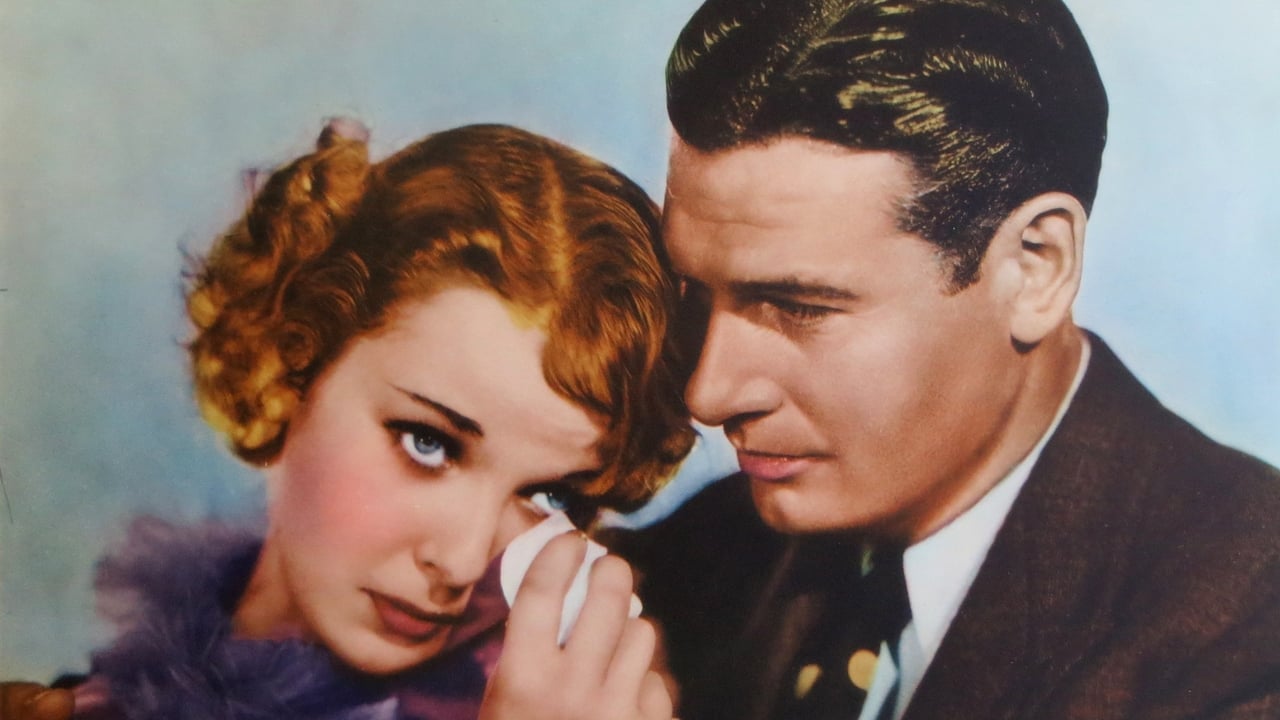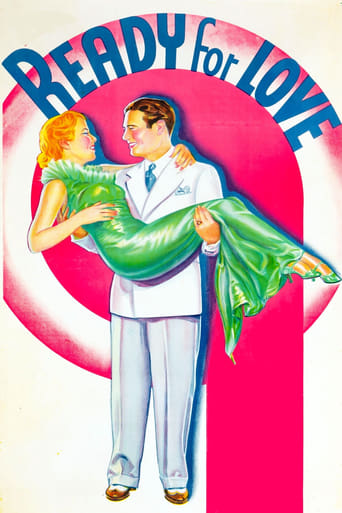robert-temple-1
This is a charming and entertaining film starring Ida Lupino aged 16, who had already been in films for three years but still did not look like the Ida Lupino we know as a grownup. At this stage she really was a 'kid', but an especially lively and dynamic one. This film is a comedy drama, and one of the two screenwriters (J. P. McEvoy and William Slavens McNutt, though we don't know which one) peppered the script with many extremely funny one-liners, so that the dialogue crackles delightfully, and there is many a wry laugh to be had, and some belly laughs as well. I have seen this film on a collector's DVD made from a pale print of no great quality, and it is possible that the negative does not survive, though it should do, as it was a Paramount picture. Like so many others, it is probably languishing in a vault. The film begins with Ida running away from her boarding school for girls to rejoin her mother (played by Marjorie Rambeau), an actress in a New York theatre. But her Ma wants her to be more respectable, so sends her to her live with her own sister, a retired actress of modest means, in a small town in Idaho. Ida loves her little dog, who is taken away from her in the sleeping car on the train by the conductor and put into the baggage car, from which he leaps and is lost. This results in Ida arriving at the town and leaving the train in floods of tears, sobbing 'I miss my Booboo'. Unknown to her, the same train has brought the coffin of the black sheep of the town's leading family who has just died of drink and who was known for his amours. A journalist (played by Richard Arlen) reports a story on the front page of the local paper named The Clarion saying that Ida was his mistress and her Booboo was the dead man (as he is unaware of the fact that Booboo was really a dog). This leads to a series of dramatic and hysterical events, where the town's most prestigious and domineering rich family commences a campaign of threats and intimidation against the teenaged Ida, saying they will sue her and demanding that she leave town at once. It all becomes very nasty, with the grande dame played with great menace by Beulah Bondi insulting Ida every which way, supported by her lawyer and other family supporters. The journalist realizes something is amiss, and begins to fall for Ida, so that a romance blossoms. Meanwhile, many older men keep approaching Ida with nudges and winks, suggesting eternal friendship or some semblance on it. The only bad performance in this film is by Junior Durkin, credited here by his real name of Trent Durkin. As I have pointed out in my review of his first film appearance in TOM SAWYER (1930), he was no good at playing Huckleberry Finn. Here he is much worse. He plays the young son of the grande dame, who wants to be a poet and composes terrible verses, and also falls for Ida. But he simply cannot act. He hams it up in the most outrageous fashion, and he should really have been restrained by the director, if not fired, for his performance is simply awful. The director of this film was a strange Russian named Marion Gering (1901-1977), who directed 16 feature films between 1931 and 1950. He had come to America in 1924 as a delegate of a Soviet trade commission and defected. He was thus a most unlikely director of Edward G. Robinson in a very strange film indeed, THUNDER IN THE CITY (1937), about a capitalist entrepeneur in London. Possibly Gering's best known film is THIRTY DAY PRINCESS (1934), another light-hearted charmer made immediately before READY FOR LOVE, with Cary Grant and Sylvia Sidney (who was half Russian and half Romanian). This film provides plenty of opportunity for satire about small towns and their disdain of actresses, their social snobbery, their dominance by rich families, and their ready ignoring of basic principles of justice. In one scene, a mob of wild women led by Beulah Bondi besiege Ida at a public picnic in the town park and start torturing her by dunking her repeatedly in the adjoining river. So there is a savage side to the story, even though it is treated comedically. But the spirit of this film is very much that of a Hollywood a comedy drama. The journalist saves Ida from the female mob, and the tale has various unexpected twists and turns. It is all very entertaining, and must have taken people's mind off the Great Depression for the whole 77 minutes at the time of release. I see that no one else has ever reviewed this film, which shows how rare it must be, which is a shame.

